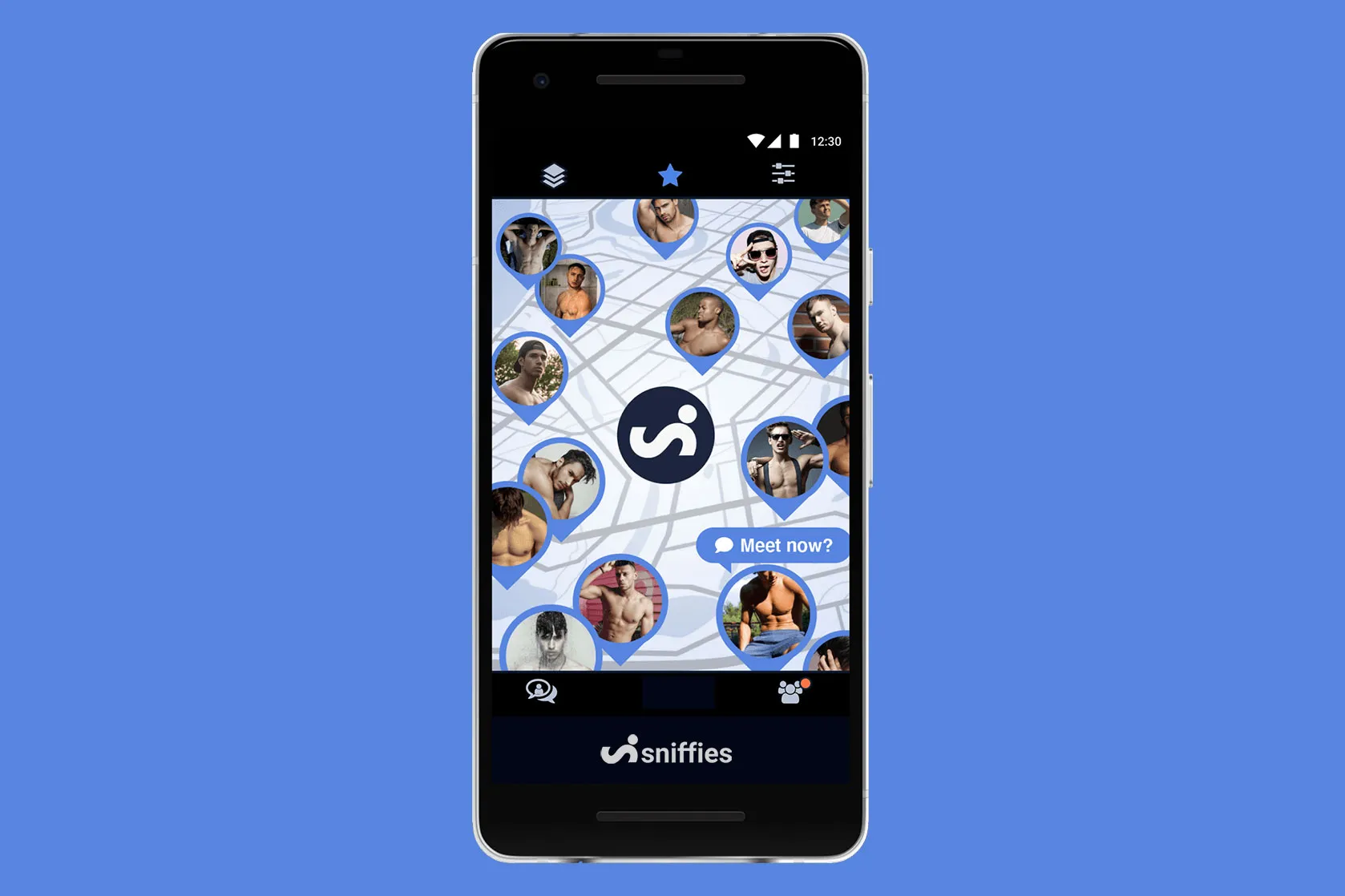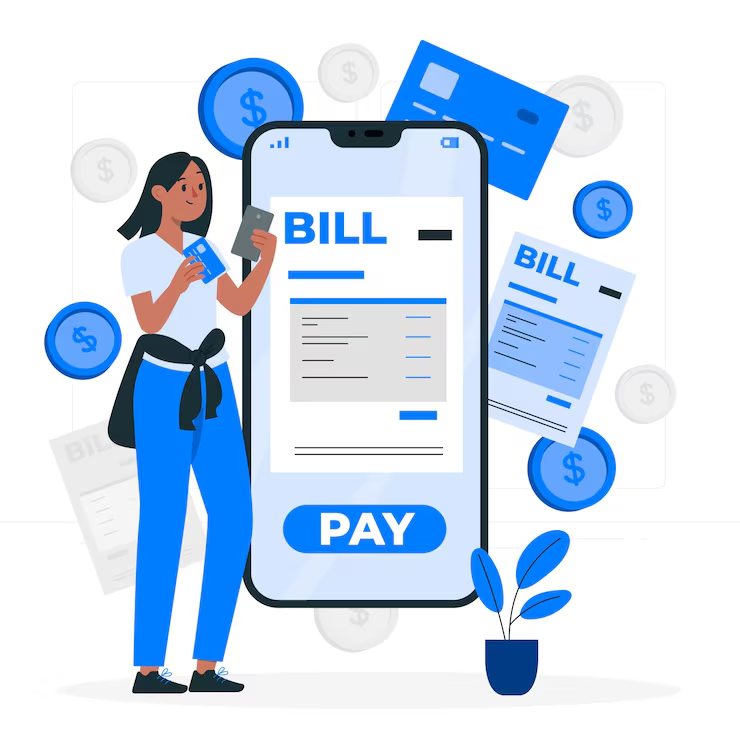Picture this: you’re scrolling through your phone at 6 AM, coffee in hand, trying to find a fitness app that won’t sell your morning workout data to the highest bidder. Sound familiar? You’re not alone in this digital dilemma.
With over 350,000 health apps flooding app stores and data breaches making headlines weekly, choosing safe fitness apps has become as crucial as choosing the right running shoes. The wrong choice could expose your location, health metrics, and personal habits to cybercriminals.
After testing dozens of applications and analyzing their privacy policies (yes, I actually read those mind-numbing documents), I’ve compiled this comprehensive guide to help you stay fit without compromising your digital safety.
Why Fitness App Security Should Be Your Top Priority
Your fitness app knows more about you than your best friend does. It tracks where you run, when you sleep, what you eat, and even your heart rate patterns during stressful moments.
This treasure trove of personal information makes fitness apps prime targets for hackers and data brokers. A single breach could expose your daily routines, home address, workplace location, and sensitive health conditions.
The stakes are higher than you might think. Insurance companies, employers, and even potential stalkers could misuse this data in ways that impact your career, relationships, and personal safety.
That’s why prioritizing security features, privacy policies, and data encryption should be non-negotiable when selecting your digital fitness companion.
Essential Security Features Every Safe Fitness App Must Have
End-to-End Encryption
Think of encryption as a secret language that only you and the app can understand. Without it, your data travels across the internet like postcards that anyone can read.
The gold standard is AES-256 encryption, which would take billions of years for supercomputers to crack. Apps like Apple Fitness+ and Strava Premium offer this level of protection.
Two-Factor Authentication (2FA)
2FA adds an extra security layer by requiring a second verification method beyond your password. It’s like having two locks on your front door instead of one.
Even if someone steals your password, they’d still need access to your phone or email to break in. This simple feature prevents 99.9% of automated attacks.
Minimal Data Collection
The safest fitness apps follow the “data minimization” principle, collecting only what’s necessary for functionality. They don’t ask for your social security number to track your morning jog.
Look for apps that let you use core features without creating accounts or sharing personal information. Anonymous usage modes are a green flag for privacy-conscious users.
Top 12 Safest Fitness Apps: Detailed Security Analysis
1. Apple Fitness+ – The Privacy Champion
Security Rating: 9.5/10
Apple’s fitness platform sets the gold standard for user privacy in the fitness app ecosystem. Their “Privacy by Design” philosophy means your workout data stays on your device whenever possible.
Key safety features include on-device processing, encrypted iCloud sync, and zero third-party data sharing. Apple doesn’t even know what workouts you complete unless you explicitly share them.
Pros:
- Complete data control
- No advertising tracking
- Seamless device integration
- Regular security updates
Cons:
- Limited to Apple ecosystem
- Requires Apple Watch for full functionality
- Higher subscription cost
2. Strava Premium – The Secure Social Network
Security Rating: 8.8/10
Strava transformed from a data privacy nightmare to a security-conscious platform after learning from past mistakes. Their premium tier offers enhanced privacy controls that put you in the driver’s seat.
The app now includes private zones around your home and work, activity privacy settings, and granular control over data sharing. You can enjoy social features without broadcasting your entire life.
Best Use Cases:
- Competitive cyclists and runners
- Users who want social motivation
- Athletes tracking performance metrics
3. MyFitnessPal Premium – The Nutrition Fortress
Security Rating: 8.5/10
Under Armor’s acquisition brought military-grade security practices to this popular calorie tracking app. Their recent privacy overhaul addressed previous concerns about data sharing.
Premium users get enhanced encryption, ad-free experience, and detailed privacy controls. The app now offers nutrition tracking without invasive advertising partnerships.
Privacy Highlights:
- Optional anonymous mode
- Limited data retention policies
- Clear consent mechanisms
- Regular third-party security audits
4. Seven – Minimalist Security Done Right
Security Rating: 8.7/10
This 7-minute workout app proves that simplicity often equals better security. Seven collects minimal user data and operates primarily offline after initial download.
The app doesn’t require account creation for basic functionality, supports local data storage, and avoids unnecessary permissions. It’s perfect for users who want effective workouts without digital surveillance.
5. Nike Run Club – Corporate Accountability
Security Rating: 8.3/10
Nike’s legal team ensures their fitness app meets strict privacy standards to protect the brand’s reputation. Recent updates include comprehensive privacy dashboards and data export options.
The app uses aggregated, anonymized data for product improvement while keeping individual user information secure. Their transparency reports provide detailed insights into data handling practices.
Key Features:
- Guided audio runs
- Progress tracking
- Community challenges
- Offline workout modes
6. Adidas Running (Runtastic) – European Privacy Standards
Security Rating: 8.6/10
Operating under GDPR compliance gives this app superior privacy protections compared to US-based alternatives. European data protection laws require explicit consent and easy data deletion.
The app offers granular privacy settings, data portability, and clear information about data processing activities. Users can easily request their complete data file or delete their account permanently.
7. Fitbit Premium – Comprehensive Health Security
Security Rating: 8.4/10
Google’s acquisition brought enhanced security infrastructure to Fitbit’s ecosystem. The platform now benefits from Google’s cybersecurity expertise while maintaining separate privacy policies.
Advanced features include health data encryption, secure cloud backup, and detailed privacy controls. The recent integration with Google Health follows strict medical data protection standards.
Health Data Protection:
- HIPAA-compliant storage options
- Secure sharing with healthcare providers
- Encrypted device synchronization
- Automated data backup systems
8. Peloton Digital – Studio-Grade Security
Security Rating: 8.2/10
Peloton’s enterprise-grade security reflects their high-end brand positioning. The app treats user data with the same care they apply to their premium hardware products.
Recent security enhancements include biometric login options, session timeout controls, and enhanced payment security. Their digital platform maintains the same security standards as their physical equipment.
9. Yoga with Adriene (FWFG) – Simple and Secure
Security Rating: 8.0/10
This YouTube-based platform prioritizes user privacy through minimal data collection and transparent practices. The free model reduces incentives for intrusive advertising partnerships.
The accompanying app offers offline video downloads, progress tracking, and community features without compromising user privacy. It’s an excellent choice for yoga practitioners who value simplicity.
10. Zombies, Run! – Gamified Privacy
Security Rating: 8.1/10
This unique running app combines storytelling with fitness tracking while maintaining strong privacy practices. The gamification elements don’t rely on invasive data collection or social media integration.
Users can enjoy immersive audio adventures with optional progress tracking. The app works entirely offline after content downloads, eliminating many privacy concerns.
Gaming Features:
- Immersive audio stories
- Virtual item collection
- Progress achievements
- Offline functionality
11. Sworkit – Corporate Wellness Security
Security Rating: 8.0/10
Designed for corporate wellness programs, Sworkit implements enterprise-level security features. Their business model focuses on subscriptions rather than advertising, reducing privacy risks.
The app offers customizable workouts, progress tracking, and team challenges while maintaining individual privacy. Corporate clients require strict data protection, benefiting individual users.
12. Down Dog Yoga – Transparent Operations
Security Rating: 7.9/10
This yoga app stands out for its transparent privacy policy and minimal data collection practices. The developers clearly explain what data they collect and why they need it.
Users can practice yoga with high-quality instruction while maintaining control over their personal information. The app’s offline capabilities further enhance privacy protection.
Red Flags: Fitness Apps to Avoid for Security Reasons
Apps with Excessive Permissions
Beware of fitness apps requesting access to your contacts, SMS messages, or camera without clear functionality reasons. These permissions often indicate data harvesting operations.
Free Apps with Invasive Advertising
If you’re not paying for the product, you might be the product. Free apps that display excessive ads often monetize through aggressive data collection and sharing.
Apps from Unknown Developers
Stick to established companies with verifiable track records. Unknown developers might lack resources for proper security implementation or have questionable motives.
Poor Privacy Policy Transparency
Apps that hide their data practices behind vague language or extremely long privacy policies often have something to hide. Clear, concise policies indicate respect for users.
How to Maximize Your Fitness App Security
Regular Privacy Audits
Schedule monthly reviews of your app permissions and privacy settings. Technology evolves rapidly, and apps frequently update their data collection practices.
Remove apps you no longer use actively. Each installed app represents a potential security vulnerability and privacy risk.
Strong Authentication Practices
Use unique, complex passwords for each fitness app account. Consider using a password manager to generate and store secure credentials automatically.
Enable two-factor authentication whenever available. The extra 30 seconds of login time provides exponentially better security protection.
Data Sharing Limitations
Review and minimize data sharing with third-party services. Many fitness apps offer integrations with social media, health platforms, and advertising networks that aren’t necessary.
Regularly check connected services and revoke access to platforms you don’t actively use.
Location Privacy Settings
Configure location sharing carefully, especially for running and cycling apps. Use privacy zones to hide your home and work addresses from public activity feeds.
Consider using approximate location instead of precise GPS coordinates when possible. This maintains functionality while reducing privacy risks.
Comparing Free vs. Premium Security Features
Free Tier Limitations
Most free fitness apps fund operations through advertising partnerships that require user data sharing. Free users typically receive basic encryption and limited privacy controls.
Free versions often include social features that can inadvertently expose personal information to other users or the broader internet.
Premium Security Benefits
Paid subscriptions usually include enhanced privacy features, ad-free experiences, and priority customer support for security issues.
Premium users often get advanced encryption, detailed privacy controls, and the ability to completely disable data sharing with third parties.
Cost-Benefit Analysis
Consider premium subscriptions as insurance premiums for your digital privacy. The monthly cost often equals a single coffee but provides significantly better protection.
Calculate the value of your personal data when deciding between free and paid options. Your health information, location data, and daily routines have real monetary value.
The Future of Fitness App Security
Emerging Privacy Technologies
New developments in differential privacy and homomorphic encryption will allow fitness apps to provide personalized experiences without accessing raw user data.
Blockchain-based identity systems might give users complete control over their health data while still enabling app functionality.
Regulatory Changes
Expanding privacy regulations like GDPR and CCPA are forcing fitness apps to implement stronger security measures and provide better user controls.
These changes benefit users globally as companies implement privacy-by-design principles to comply with the strictest regulations.
Industry Accountability
Growing consumer awareness about data privacy is pushing fitness apps toward more transparent and secure practices. Companies that ignore these trends risk losing market share.
Public security breaches continue to highlight the importance of choosing reputable, security-focused fitness platforms.
People Also Ask: Frequently Asked Questions
Q: Are fitness apps safe to use with sensitive health conditions?
A: The safest fitness apps for users with medical conditions are those offering HIPAA-compliant features and medical-grade encryption. Apple Fitness+, Fitbit Premium, and MyFitnessPal Premium provide the strongest health data protection. Always consult healthcare providers before sharing sensitive medical information through any app, and use privacy settings to limit data sharing with third parties.
Q: Can fitness apps track my location when I’m not working out?
A: Most fitness apps can access location data continuously unless you specifically restrict these permissions in your device settings. To protect your privacy, set location access to “Only While Using App” or “Ask Next Time” in your phone’s privacy settings. Additionally, enable privacy zones in running apps to hide your home and work locations from activity feeds.
Q: What happens to my fitness data if I delete the app?
A: Data handling after app deletion varies significantly between platforms. Premium apps like Strava and MyFitnessPal typically retain data for account recovery purposes but allow permanent deletion upon request. Free apps might retain anonymized data indefinitely for analytics purposes. Always review the app’s data retention policy and manually delete your account before uninstalling to ensure complete data removal.
Q: Do fitness apps share my data with insurance companies?
A: Reputable fitness apps don’t directly share individual user data with insurance companies without explicit consent. However, some apps offer voluntary wellness programs where users can share specific metrics for premium discounts. Always read privacy policies carefully and avoid connecting fitness apps to insurance platforms unless you understand the implications. Data brokers might also aggregate publicly available fitness information for commercial purposes.
Q: Are free fitness apps less secure than paid ones?
A: Free fitness apps often implement weaker security measures because they rely on advertising revenue and data monetization. Paid apps typically invest more in security infrastructure and offer enhanced privacy features because user subscriptions fund operations instead of data sales. However, some free apps from reputable developers (like Nike Run Club) maintain strong security standards. Evaluate each app individually rather than assuming paid always means safer.
Conclusion: Your Fitness Journey Starts with Smart Choices
Choosing the safest fitness apps for daily use doesn’t mean sacrificing functionality for security. The platforms highlighted in this guide prove that you can maintain an active lifestyle while protecting your personal information.
Your health data deserves the same protection as your banking information. Start with apps that prioritize privacy by design, enable all available security features, and regularly audit your digital fitness footprint.
Remember that the most expensive fitness app isn’t necessarily the safest, and the most popular isn’t always the most secure. Focus on apps from reputable developers that demonstrate clear commitment to user privacy through their policies and practices.
Ready to transform your fitness routine without compromising your digital safety? Begin with one of the recommended apps above, enable two-factor authentication, and take control of your health data today./isolated-segment.html















